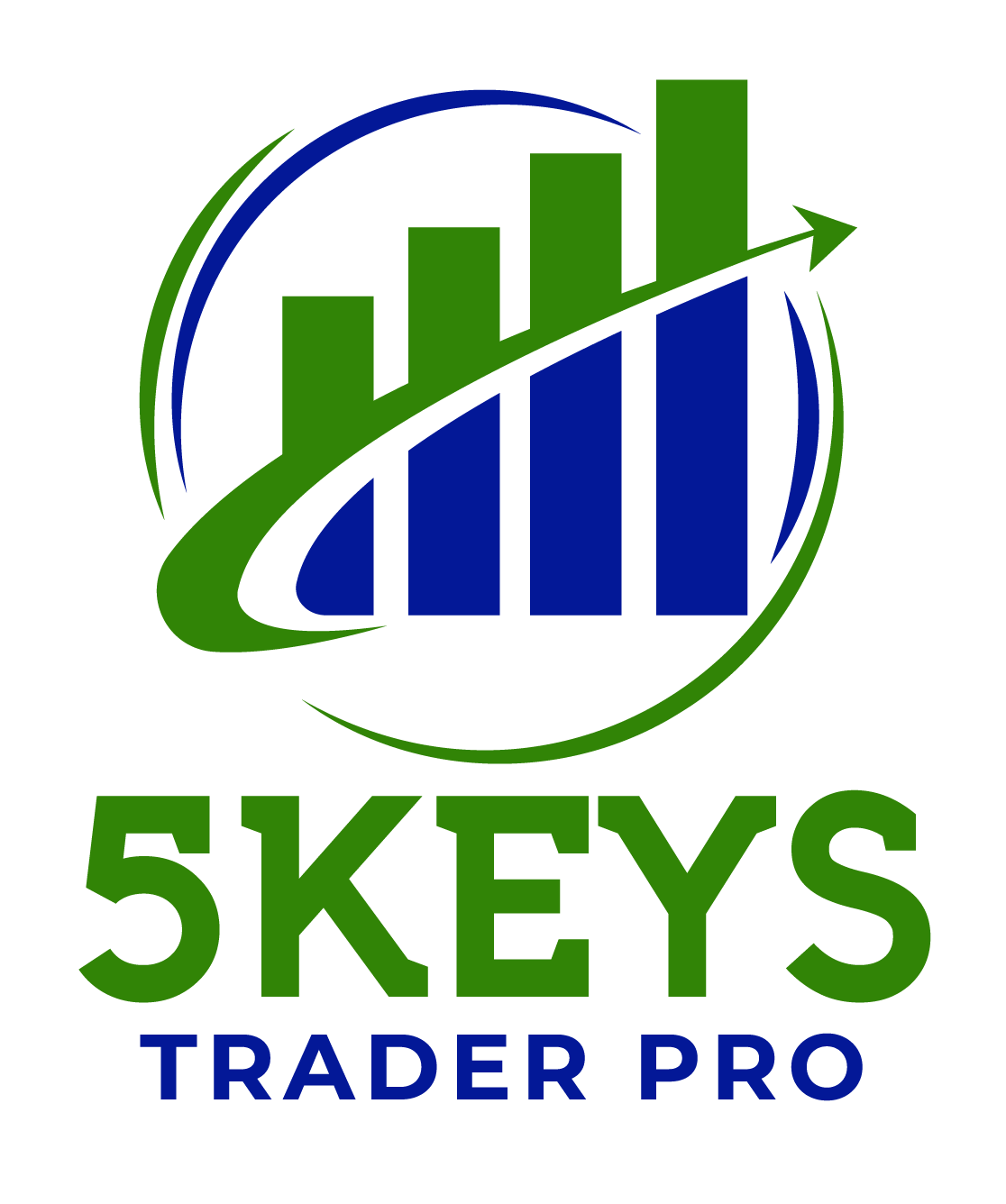How to Find the Right Trading Program
The search for success begins with a solid foundation in trading education. Aspiring traders, both novices and seasoned professionals, learn to find the right trading program that aligns with their goals, values, and learning preferences. This blog serves as a comprehensive guide, blending professionalism with a human touch, to navigate the intricate process of selecting the optimal trading program.
Understanding Your Goals and Objectives
The first step in finding the right trading program is introspection. Before going deep into the plethora of available options, take a moment to reflect on your goals and objectives. Are you a beginner seeking foundational knowledge, or an experienced trader looking to refine specific strategies? Clarifying your objectives will serve as a guiding compass, helping you narrow down programs that align with your unique aspirations.
Researching Accreditation and Reputation
Professionalism in trading education is often reflected in a program’s accreditation and reputation. Begin your search by exploring programs that are accredited by recognized financial institutions or regulatory bodies. Accreditation not only ensures that the program adheres to industry standards but also adds a layer of credibility to your educational journey.
Simultaneously, delve into the program’s reputation within the trading community. Seek reviews, testimonials, and feedback from previous participants. A program’s reputation serves as a testament to its efficacy, providing insights into the real-world impact it has had on traders’ success.
Assessing Curriculum and Course Offerings
A well-structured and comprehensive curriculum is the backbone of any effective trading program. Evaluate the courses offered, ensuring they cover a spectrum of topics, from fundamental concepts to advanced trading strategies. Look for programs that strike a balance between theoretical knowledge and practical application, as this ensures a holistic learning experience.
Consider the flexibility of the program’s curriculum. Does it cater to various skill levels, allowing participants to progress at their own pace? The ability to tailor the learning journey to individual needs is a key humanizing factor in a trading program.
Exploring Learning Formats: Online vs. In-Person
The choice between online and in-person learning is a pivotal consideration when finding the right trading program. Online programs offer flexibility, allowing participants to access materials from anywhere in the world. On the other hand, in-person programs provide a more immersive experience, fostering real-time interaction with instructors and peers.
The decision boils down to personal preferences and lifestyle. If flexibility and convenience are paramount, an online program may be the ideal fit. However, if you thrive in a structured environment with face-to-face interactions, an in-person program might better suit your learning style.
Considering Faculty Expertise and Mentorship Opportunities
The caliber of faculty members can significantly impact the quality of a trading program. Research the backgrounds, qualifications, and industry experiences of the program’s instructors. Seasoned professionals with a wealth of practical knowledge enhance the learning experience by providing real-world insights and guidance.
Mentorship is a valuable humanizing element in trading education. Programs that offer mentorship opportunities connect participants with experienced traders, creating a supportive environment for learning and growth. The ability to receive personalized guidance adds a human touch to the educational journey, fostering a sense of community and shared success.
Evaluating Technological Integration
In the contemporary landscape of trading, technological proficiency is a requisite skill. Evaluate how a trading program integrates technology into its curriculum. Programs that provide hands-on experience with trading platforms, algorithmic tools, and market analysis software offer participants a competitive edge in the evolving financial landscape.
However, technological integration should not compromise the human touch. A balanced approach ensures that participants not only master advanced tools but also develop the interpersonal skills essential for effective trading, such as communication, collaboration, and emotional intelligence.
Assessing Support Services and Community Engagement
The journey of finding the right trading program extends beyond the classroom. Assess the support services offered, such as career counseling, networking opportunities, and post-program assistance. Programs that extend support beyond the educational phase demonstrate a commitment to participants’ long-term success.
Community engagement is another crucial aspect. Programs that foster a sense of community through forums, webinars, and networking events provide participants with a valuable support network. Connecting with fellow traders and industry professionals enhances the learning experience, offering diverse perspectives and insights.
Understanding Financial Trading and Return on Investment (ROI)
A professional approach to finding the right trading program involves understanding the financial investment required. Evaluate the program’s cost of its offerings, faculty expertise, and support services. Consider it an investment in your future, but ensure that the program’s value aligns with your expectations.
Additionally, assess the potential return on investment (ROI) in terms of the skills gained, career opportunities, and increased trading proficiency. A program that offers tangible benefits beyond the educational certificate ensures a fruitful return on the investment of time and resources.
Conclusion
Finding the right trading program is a meticulous process that involves striking a delicate balance between professionalism and a humanized approach. The ideal program is one that not only imparts technical knowledge but also resonates with your personal and professional aspirations. By considering factors such as accreditation, curriculum, learning formats, faculty expertise, technological integration, support services, and financial investment, you start a journey that aligns your educational pursuits with the dynamic world of trading. In this process, professionalism and a human touch converge to create a transformative learning experience.

